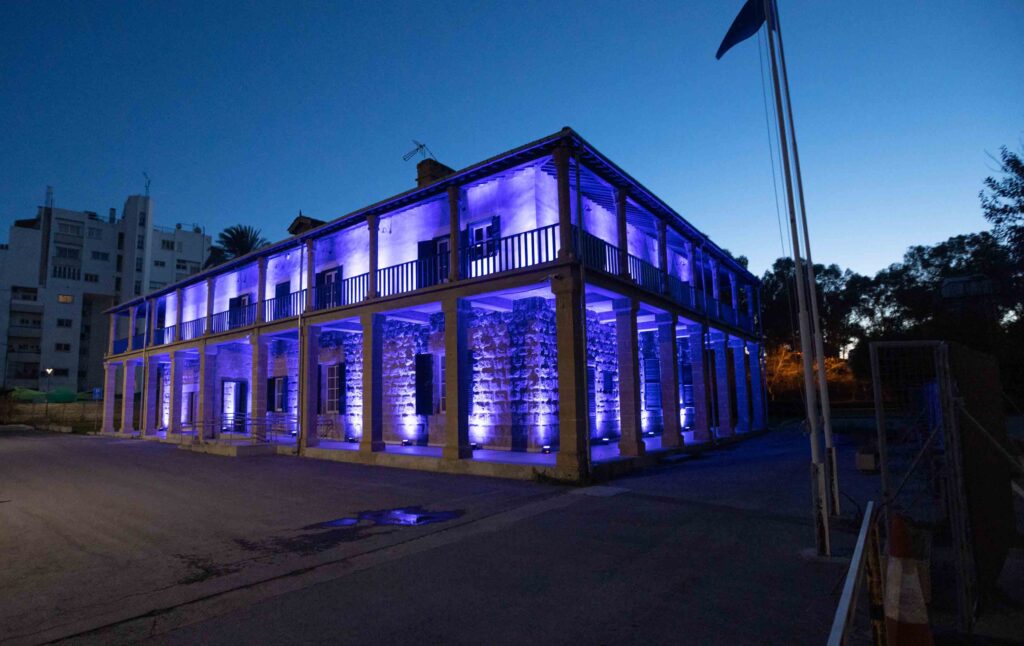Cabinet on Wednesday approved the creation of a national autism strategy and action plan.
The strategy covers the period between now and 2028 and includes a total of 53 actions under seven “thematic pillars”, which the government says will “follow the course of the life of a child and adult with autism”.
The pillars concern matters such as research, early detection and diagnosis, health and medical intervention, early child and family intervention, education, social protection and independent living, work, and participation in entertainment, culture and society.
The government aims to create a national electronic platform for autism, as well as programmes related to information, the upgrading of services for people with autism and heightened social integration.
Cyprus will also organise a “national autism conference” this autumn.
The strategy is being coordinated by the social welfare deputy ministry, while the labour ministry, health ministry, education ministry, transport ministry and finance ministry are all active participants.
“The goal is to fulfil the rights of people with autism as equal members of society, and to improve their quality of life,” said Social Welfare Deputy Minister Marilena Evangelou, speaking after Wednesday’s cabinet meeting.
This, she said, will be done within the framework of the United Nations’ convention on the rights of persons with disabilities, “by providing services and support to children and adults with autism, so they can participate in and integrate into society to the maximum possible extent in all aspects and stages of their lives.”
In addition, she said the creation of a national strategy will offer “the possibility of gathering all services for people with autism under the umbrella of the national strategy, for the better coordination of actions and a holistic response to the challenges faced.”
After having gained cabinet approval, the next step in the realisation of the strategy of for a national committee to convene and establish permanent sub-committees.







Click here to change your cookie preferences